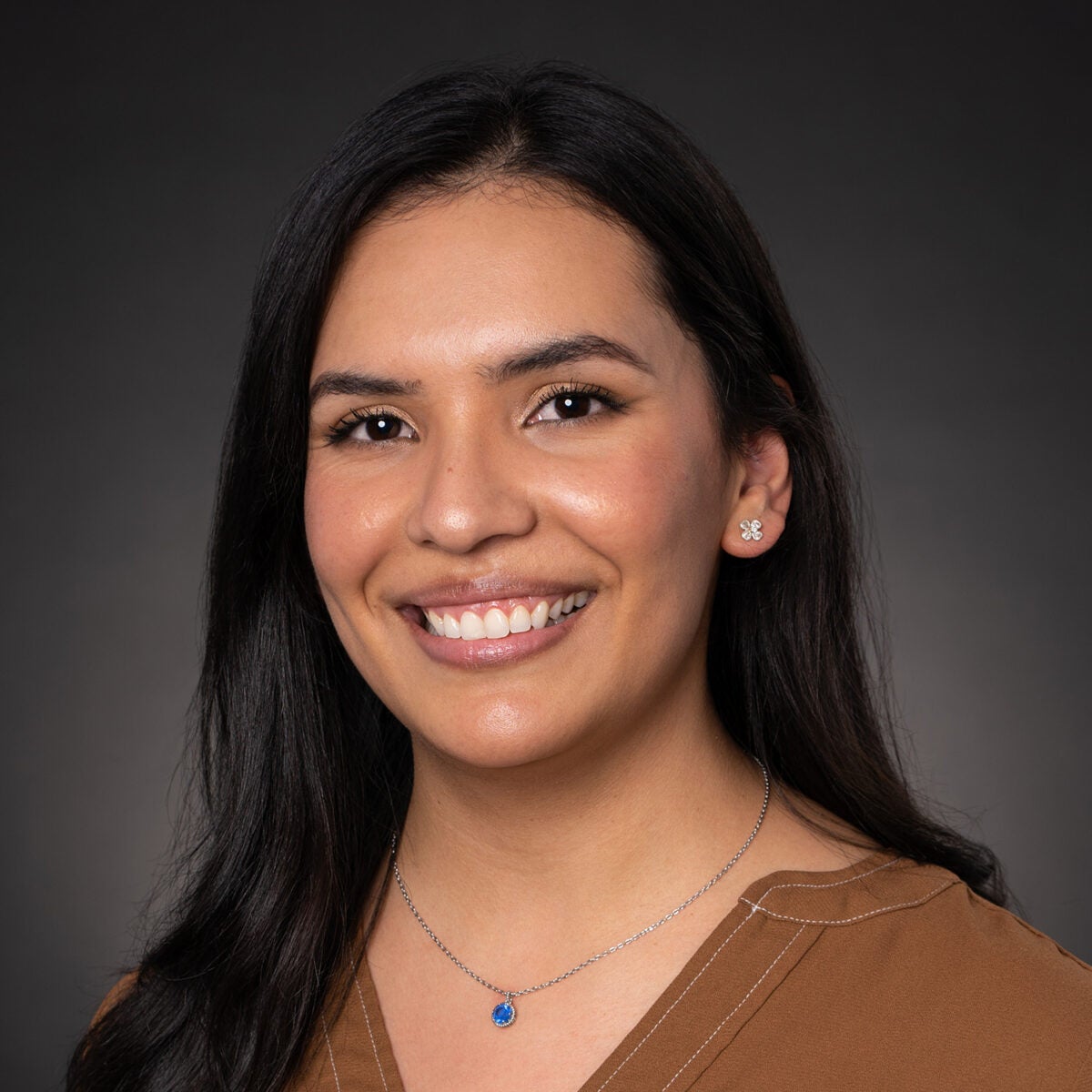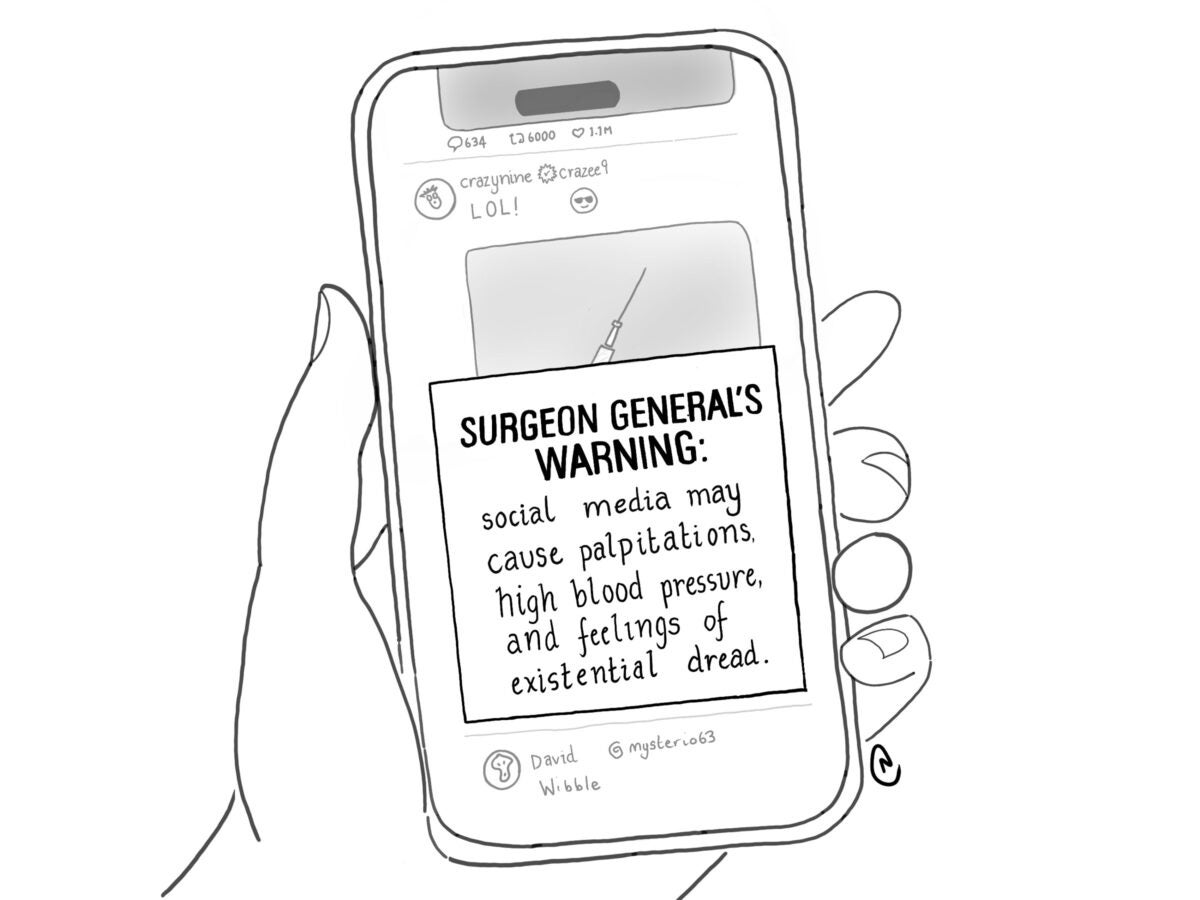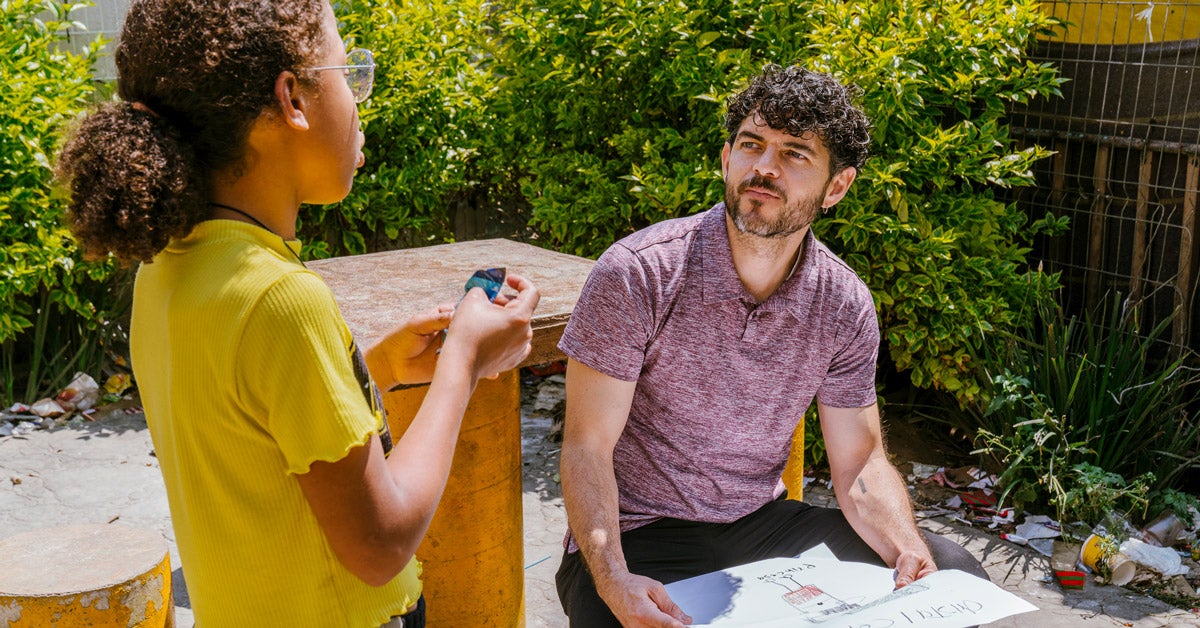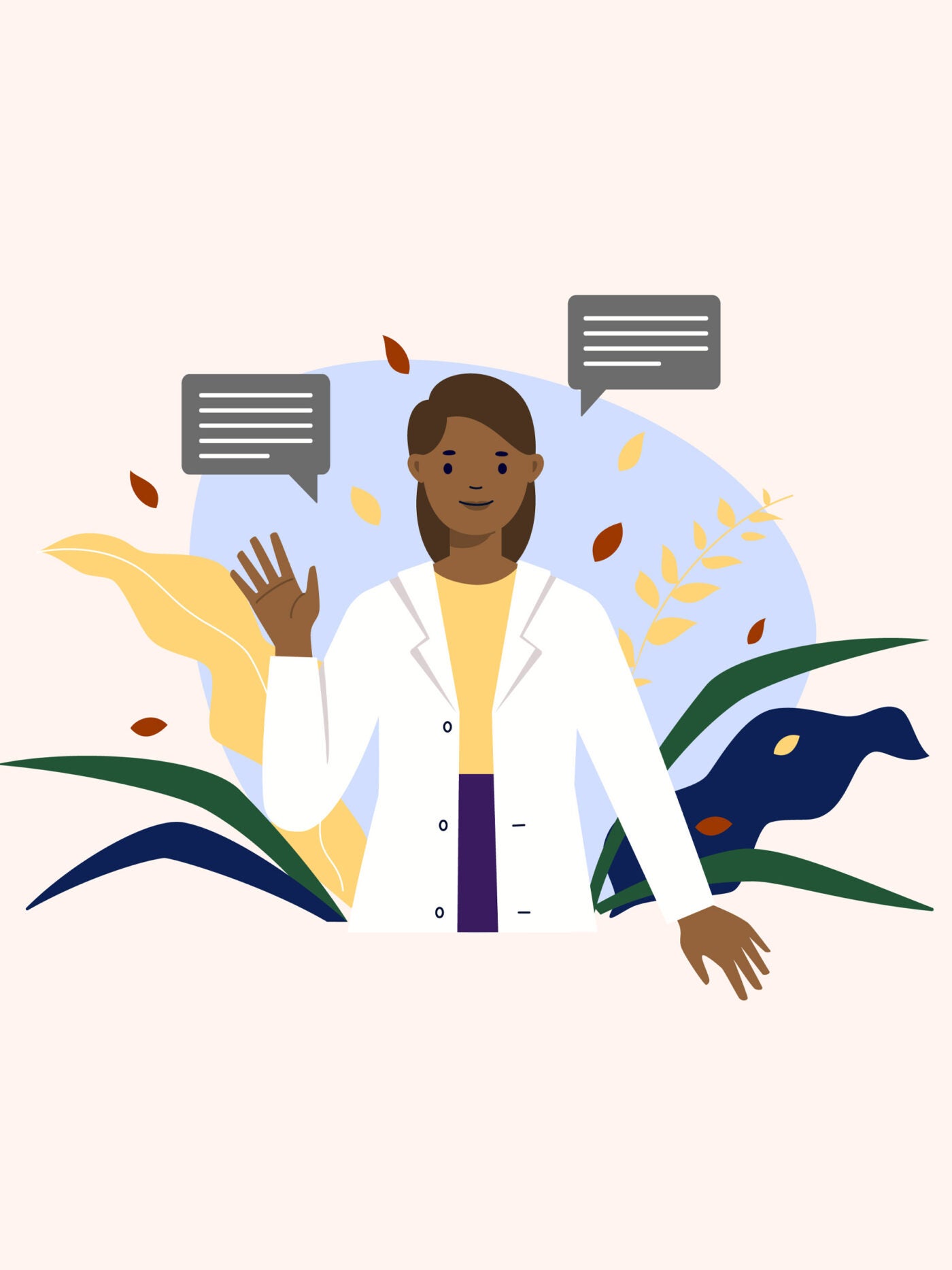
Opinion
For better mental health outcomes, train more people like me
This article is part of Public Health in Action, a new series from Harvard Public Health and The Studio that examines mental health programs across the U.S. that produce results.
When I first learned about the EMPOWER program, it felt like a great opportunity. I’m a graduate student studying social work and a clinical research coordinator at Baylor Scott and White, an EMPOWER partner. I had already been working with the program to help bring more Spanish speakers into its training; I was excited to learn for myself a new model for care delivery, in a program that is helping expand an existing evidence base for that model.
I was also eager to find a way to use my interest in mental health to help others. I come from a community where mental health care is stigmatized. When people seem depressed, it’s not uncommon for others around them to say, “Oh, they’re just being lazy.” But these are people who are struggling—and they’re not unlike the rest of us. We all have our troubles, and good mental health care practices are tools we can use when they become too heavy.
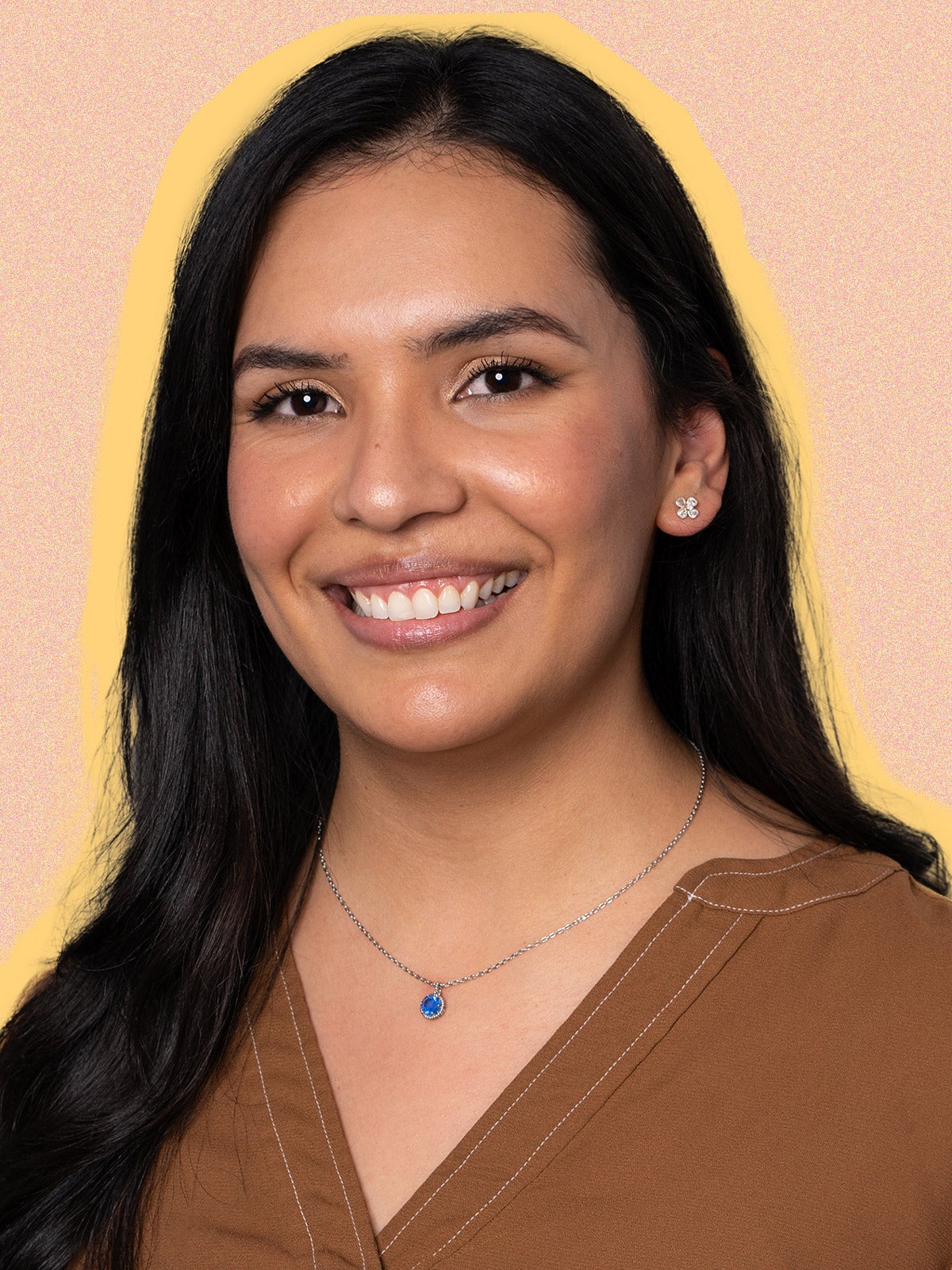
The basic idea of EMPOWER is that frontline health workers can be key players in delivering care and intervention to address mental health concerns. The EMPOWER program was first developed in Pakistan, expanded in India, and is now beginning in Texas—all places where there is a shortage of mental health workers for big populations. But it also borrowed inspiration from the ways some African health workers responded to the HIV epidemic across the continent, where “task-sharing” became a key part of bringing care to huge numbers of people, even in places where there aren’t very many doctors or other specialists. It is in some sense a very simple idea: Can you train health workers to deliver mental health care, which is complex, to people in underserved areas who really need it?
Keep up with the series
So training people like me is at the heart of the innovation in EMPOWER. It’s a focused training, with dozens of hours of videos that demonstrate and explain the three phases of the model. The first phase is about getting to know a patient and building trust; the second phase is about we call “behavioral activation;” and the last phase is about helping people see the progress they’ve made and preparing them to move forward into the future with the skills they’ve built.
That second phase is where a patient’s most important work happens. The idea of behavioral activation is that people’s behaviors can influence their mental or emotional state. It’s a well-known part of cognitive behavioral therapy, but EMPOWER brings that tool to more people like me, without the advanced training or expertise of specialists like psychologists or psychiatrists. The methods we learn don’t make major demands on our time or financial resources—and the same is true for patients.
That is, perhaps, the most important part. I will be part of a team helping patients see that making small changes—changes that might seem “too simple” to make a difference—can help people facing depression, anxiety, and other mental health challenges. These are complex problems, of course, and they can be difficult and even debilitating for people. But EMPOWER shows us that even a small behavior change can create bigger changes in a person’s life—changes like returning to places or activities you used to love, like gardening, or finding new ways to engage with the community around you. One way I like to do that, for example, is by seeking out programming at the local library. These kinds of activities, these kinds of choices, can help people begin to dig out of a difficult mind space.
Still, it takes time to get better. I would love people to understand that mental health care isn’t about a quick fix. You can’t go to two or three sessions and decide it works, or it doesn’t, and be finished with it. It takes time and commitment—a commitment, above all, to yourself. I’m excited that EMPOWER has trained me to help people who see the value in making that commitment to themselves and trying to make their lives better. It will be a great tool for me to use alongside the other things I am learning as I prepare to help patients—the most meaningful work I can do.
As told to Jina Moore Ngarambe, managing editor, Harvard Public Health
